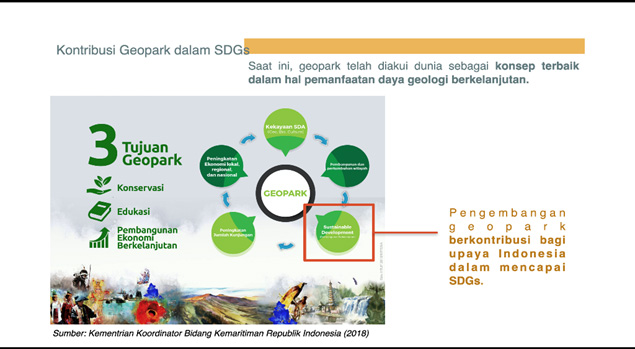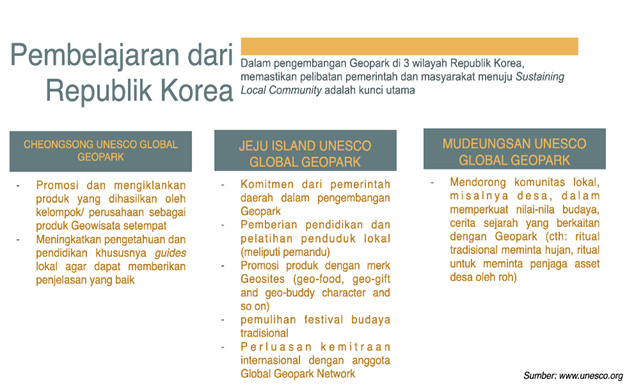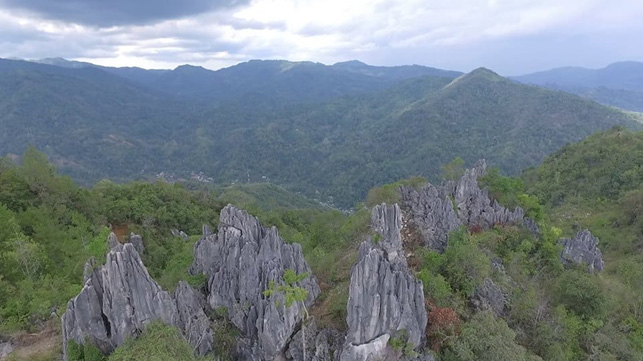COVID-19 has heavily impacted various sectors, including tourism. LOCALISE SDGs, a collaborative programme of UCLG ASPAC and association of the Indonesia Municipalities (APEKSI) funded by the European Union (EU), has recorded ways explored by local governments across Indonesia to revive tourism in their respective areas and re-stimulate local economic development.
Responding to that, LOCALISE SDGs Programme has regularly held and participated in virtual discussions aiming to increase the capacity of local governments to revive sectors affected by COVID-19, including tourism, making use of the system-thinking framework of the SDGs. These discussions are also particularly beneficial for the sharing and exchange of good practices, as well as lessons learned between local governments on pandemic response, recovery and prevention.
On 5 October, LOCALISE SDGs Programme took part in a webinar held by Sawahlunto Municipality of West Sumatera Province in cooperation with Atourin, a local virtual tour provider. The webinar focused on the establishment of Sawahlunto Geopark and the steps that it can take to acquire the status of an UNESCO Global Geopark (UGG). Sawahlunto Geopark covers four sub-districts and 15 villages with 30 geological and 20 non-geological sites.
Representing UCLG ASPAC, Secretary General Dr. Bernadia Irawati Tjandradewi provided SDGs-oriented insight towards this current effort by Sawahlunto. This is important as geoparks are now deemed worldwide as the best concept in terms of making sustainable use of an area’s geological resources. Located in West Sumatra, Sawahlunto (and its Ombilin Basin) features anthracite (one of the best qualities of coal). That potential indicates that geoparks not only serve as tourism sites, but also conservation of natural resources, education on sustainable tourism itself while altogether being part of building and maintaining a sustainable economy.

Therefore, the development of geoparks automatically addresses several SDGs goals, as further explained by Hendra Susila Adi, the Training Coordinator of LOCALISE SDGs. Touching on SDG 17 (Partnership for the Goals), he revealed to Sawahlunto’s local government, the efforts and the strategies done by the Republic of Korea in establishing and developing geoparks that can act as beneficial reference for Sawahlunto. Three parks in Cheongsong, Jeju Island, and Mudeungsan are already part of UNESCO Global Geopark (UGG), each developing capacity and collaborative initiatives. Additionally, they promote local geo-tourism products (geo-food, geo-gifts etc.), provide training for tour guides, and encourage local communities to strengthen and communicate cultural values and traditions related to the geopark. In this context, government and community involvement play key roles in developing successful and sustainable geoparks.

LOCALISE SDG programme aims to strengthen the capacity of local governments and their associations in implementing SDGs in 16 provinces and 14 cities in Indonesia, as well as building networking with local governments at home and abroad.
Throughout October, LOCALISE SDGs has conducted three online discussions, one match-making event and one coaching clinic covering the topics of food security and resiliency, data synchronisation towards a just social safety net, digital economy, as well as household and medical waste management. These virtual discussions are held as part of assisting local governments in their ongoing COVID-19 recovery plan and contribute to achieving SDGs targets.











